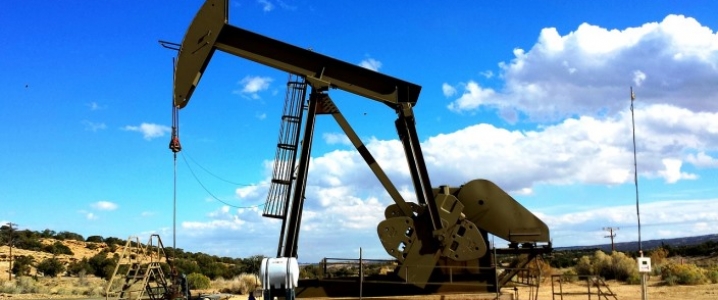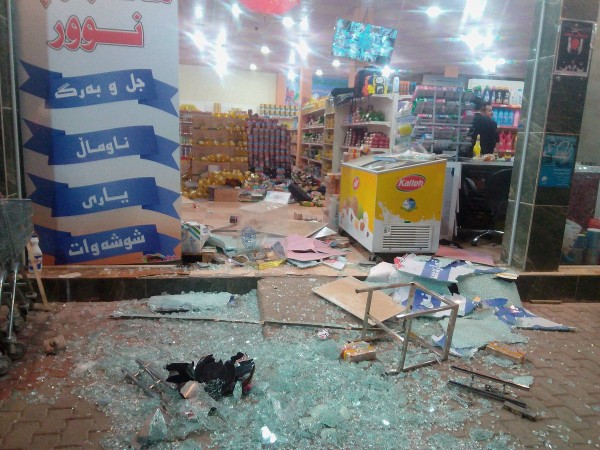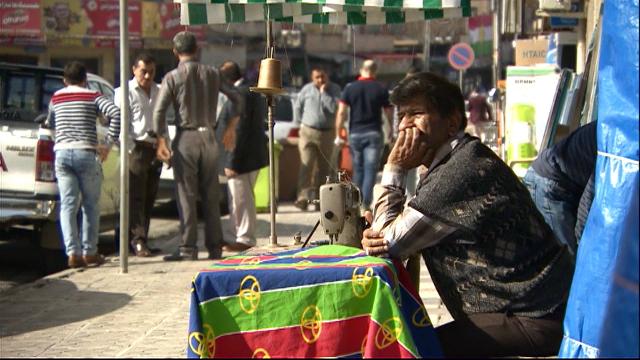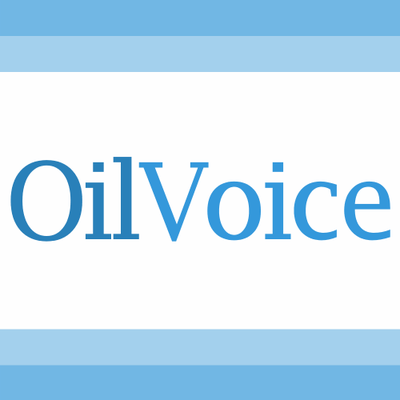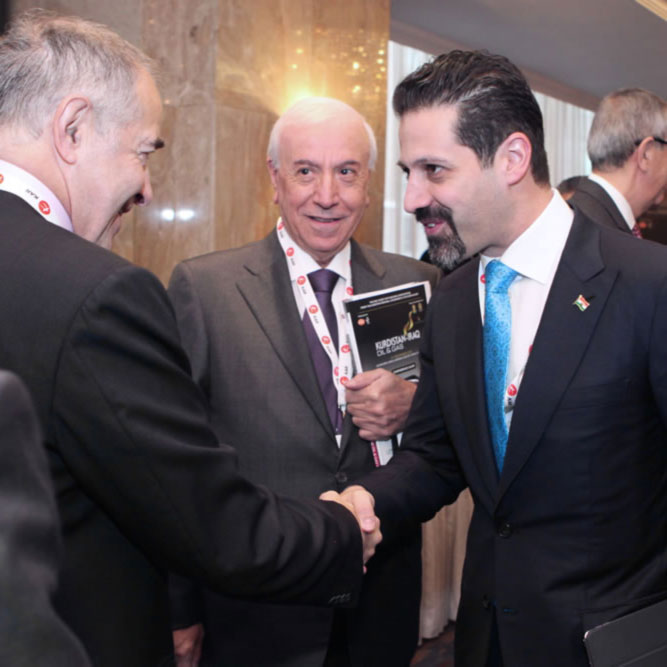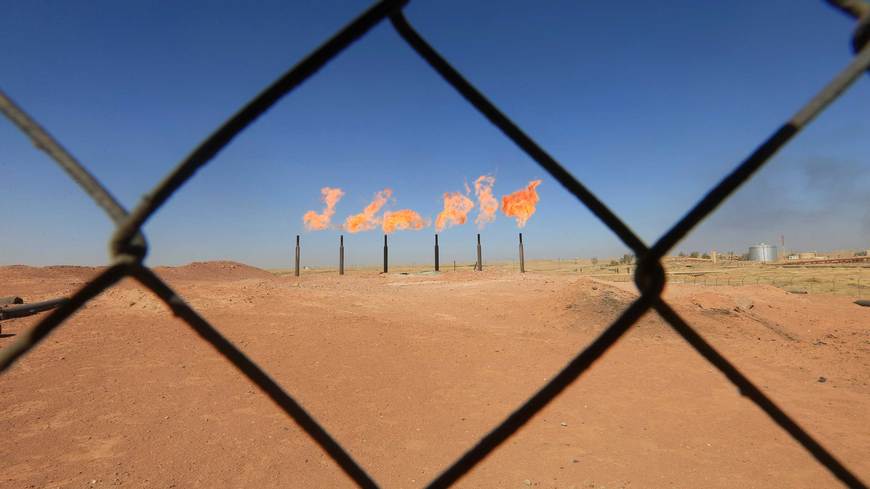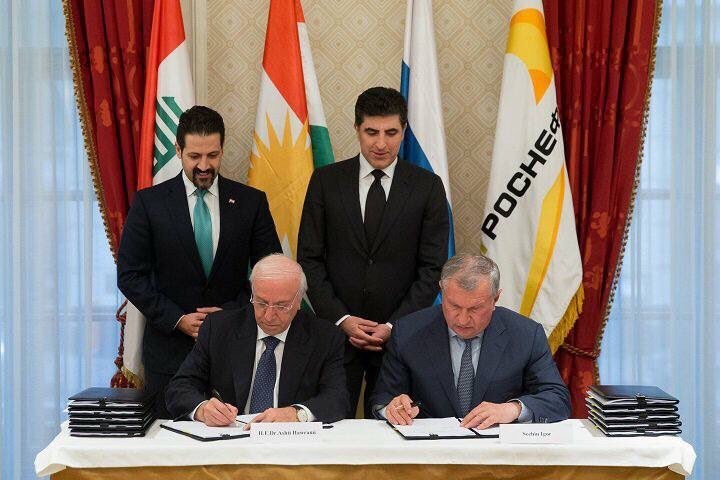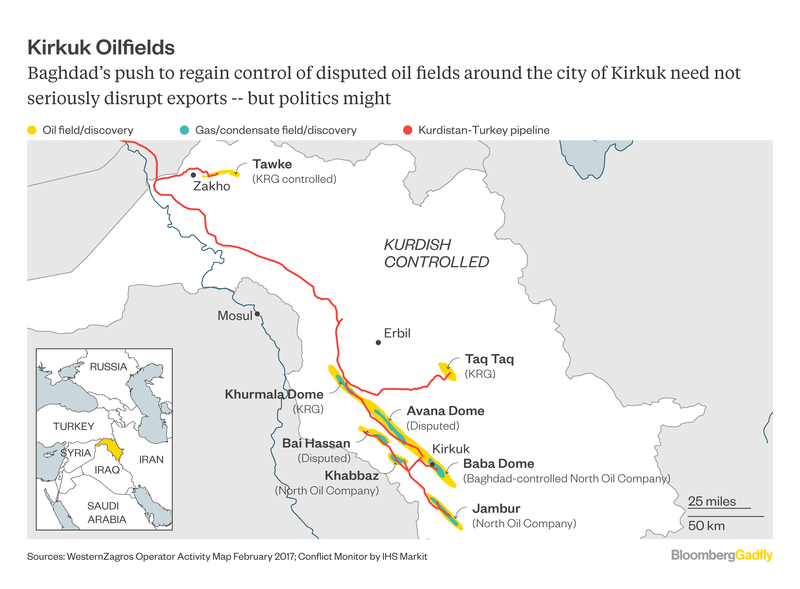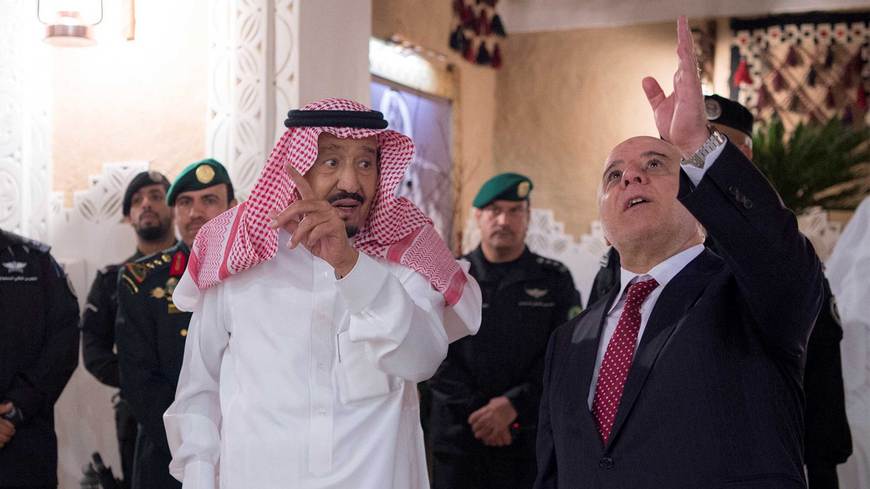DNO ASA, the Norwegian oil and gas operator, today announced flow rates of more than 3,000 barrels of oil per day (bopd) from the first zone tested in the Peshkabir-3 well in the Kurdistan region of Iraq. Nine other oil zones and one gas zone have been identified for testing in a 1.2 kilometer horizontal section of Cretaceous and Jurassic reservoir.
The Company has fast tracked the development of the field and an early production facility will be commissioned by year-end. The previously drilled Peshkabir-2 well has produced at a steady rate of 4,700 bopd since May and comingled with over 100,000 bopd from the adjacent Tawke field for export. DNO’s operations in Kurdistan continue uninterrupted.
DNO is the most active driller in Kurdistan with three rigs deployed and 15 wells in 2017 across three operated fields in various stages of production, development and appraisal. Most recently, the Company spud the Hawler-1A multilateral well in October to appraise the Benenan heavy oil field in the Erbil license.
The Company has received year-to-date export payments totaling USD 297 million net to DNO, up from USD 210 million during the full-year 2016. With continuing export payments, DNO will step up investments in Kurdistan in 2018.
The Company today released its third quarter operating and financial update, reporting an operating profit of USD 469 million during the quarter. This follows recognition of USD 556 million as other income following the receivables settlement agreement with the Kurdistan Regional Government in August 2017.
Pursuant to the agreement, DNO was assigned an additional 20 percent in the Tawke license, bringing the Company’s operated stake to 75 percent. Partner Genel Energy plc holds the remaining 25 percent interest.
DNO’s cash balance stood at USD 399 million at the end of the third quarter, up from USD 261 million at end-2016. With the strengthening of its balance sheet, the Company’s equity ratio has increased to 60 percent.
(Source: DNO)

